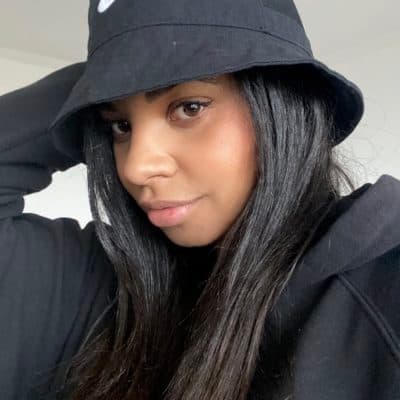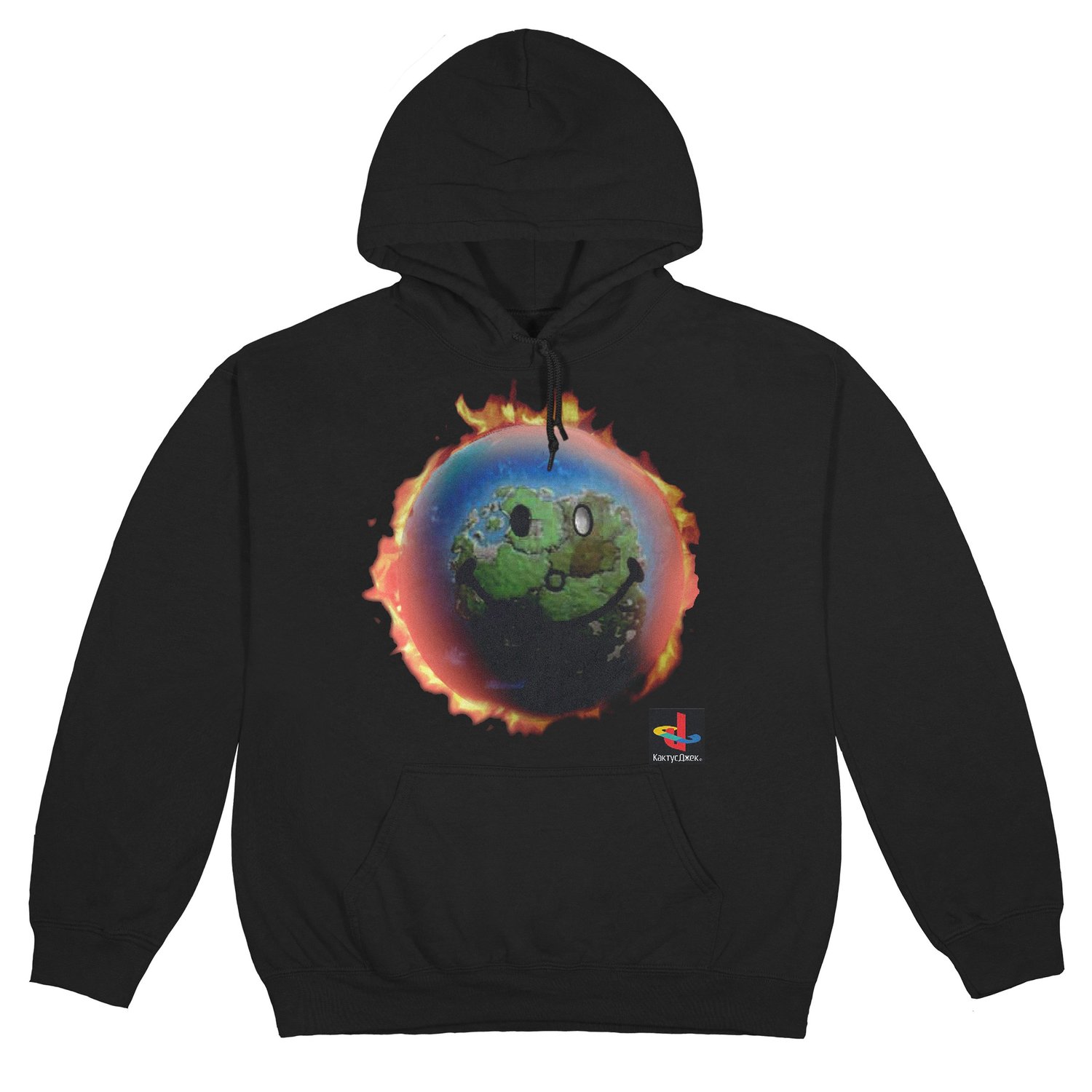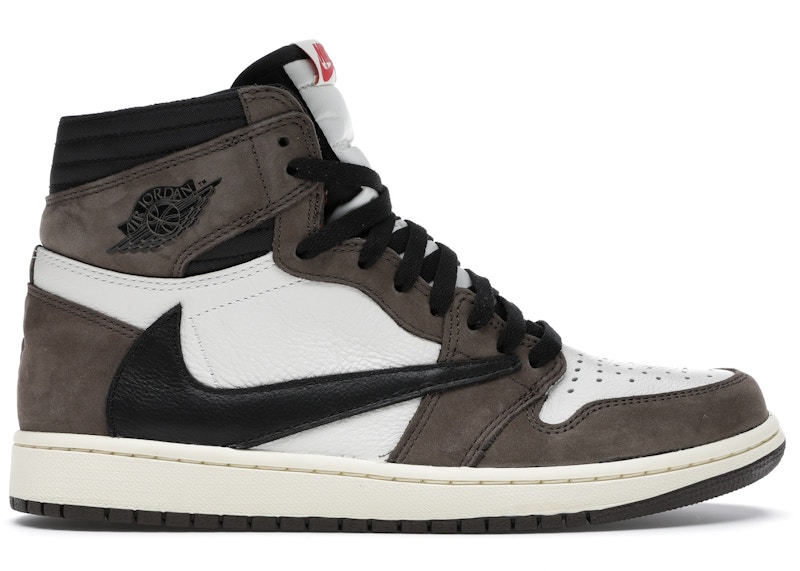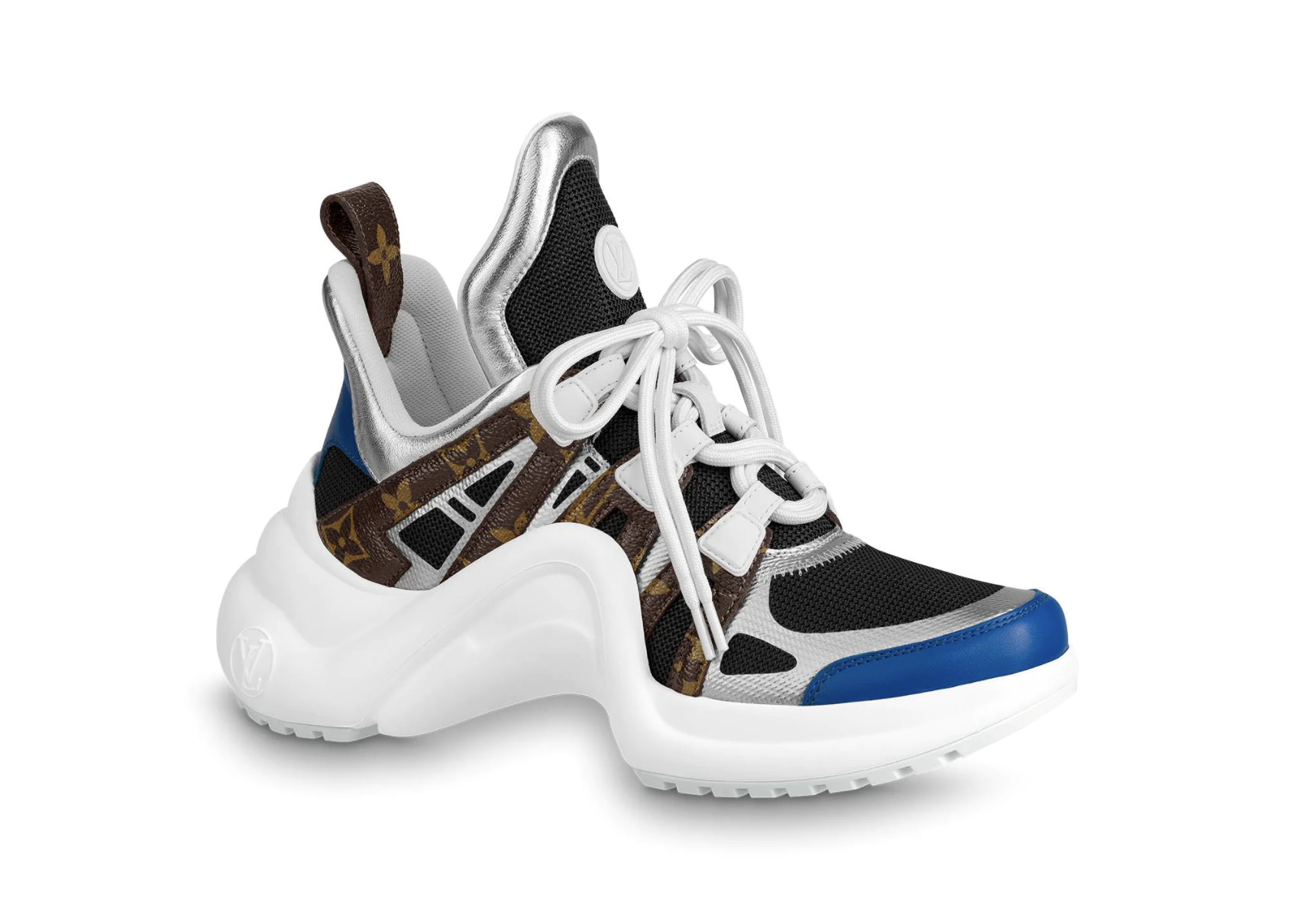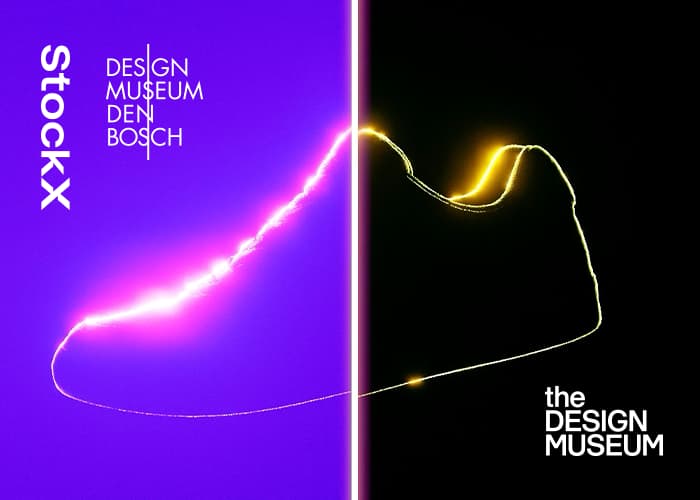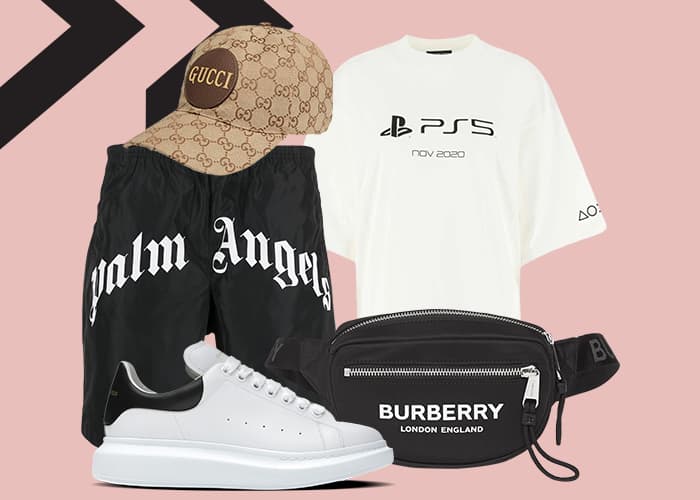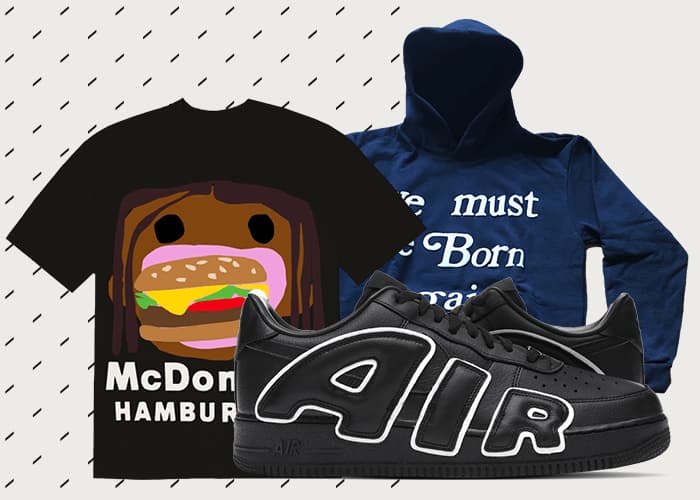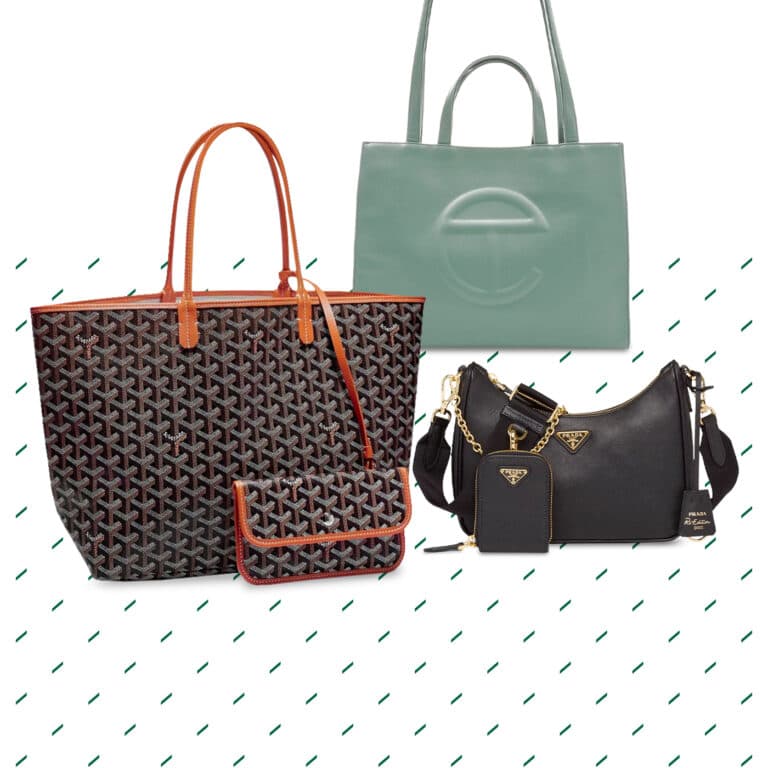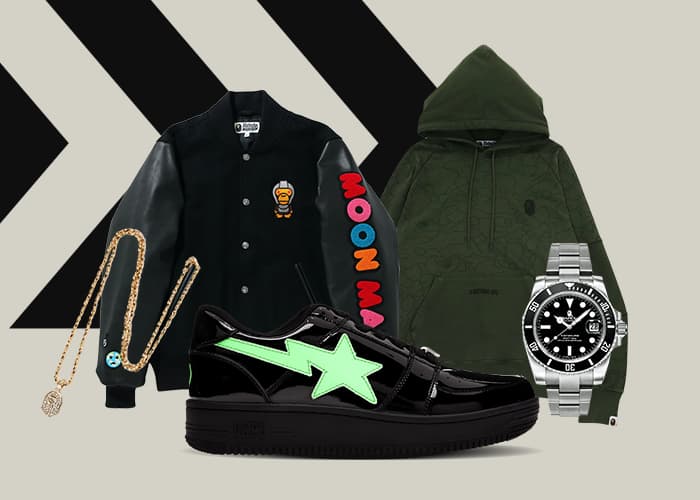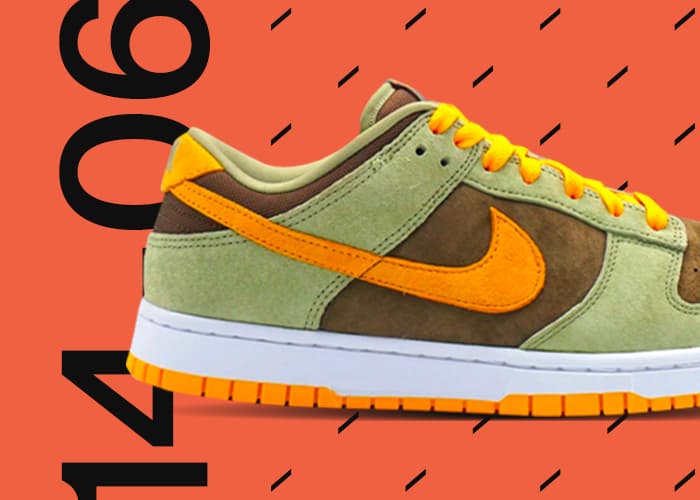Who would have thought a few decades ago that millions of people would be watching other people play video games to win millions of dollars in prizes, in partnership with the world’s leading companies? Welcome to the world of Esports.
Whether watching on our TVs, on YouTube, or specialised platforms such as Twitch, the craze around video games is a global phenomenon that no longer only appeals to a subculture of hardcore gamers.
With games like Fortnite, League of Legends, Call of Duty, 2K, and FIFA, there’s something for everyone! But what remains a little more surprising is an interest coming from where one would least expect it. Artists, sports brands, and luxury houses have all jumped on the trend in recent years. So is it fair to say that hype now comes from the gaming world?
Fortnite and the Cactus Jack Effect

Picture via Epic Games
Fortnite needs no introduction. With over 350 million players worldwide, Fortnite is a cross-platform (console, PC, and mobile) game of “Battle Royale”. The game, with its simple concept, is popular with all different kinds of players as it focuses on the multiplayer aspect, aka the social aspect of gaming. Players are encouraged to discuss and collaborate to win the game. In addition, the game allows players to customise every aspect of their characters, from their appearance to their celebrations.
The game, which has been a success for two years now, has recently enjoyed exceptional hype based on a single event. Last April, while the whole world was in lockdown and stuck at home, Riot Games organized a concert on Fortnite with Travis Scott. For 10 minutes, a virtual Cactus Jack performed an “Astronomical” live show within the Fortnite universe. And this wasn’t a ticketed arena show with a maximum capacity. Anyone connected at that time could attend.
The Hype was instantaneous. In that short 10-minute time frame, viewing figures peaked at 12.3 million players, with a total of 27 million players watching in total. Since then, the show has gone on to rack up more than 73 million views on Youtube.
Watch Travis Scott’s Fortnite performance in full.
This concert was not the first one organised on Fortnite. In February 2019, Marshmello was the first artist to perform on Fortnite. This first live event gathered more than 10.7 million players and artists such as Diplo, Steve Aoki or Deadmau5 quickly followed with their own virtual performances.
But how to explain the success of musical events within video games?
Timing
In a world where everyone had to stay at home to play their part in the fight against COVID-19, video games were more in-demand than ever. The Nintendo Switch became so popular that Nintendo experienced a shortage of consoles, while video game streaming platforms such as Twitch, Facebook, and YouTube enjoyed huge rises in traffic.
The Audience
The Fortnite audience is typically younger than similar shoot ‘em ups such as Call of Duty, and are often fans of the artists that perform. Travis Scott himself is a big fan of Fortnite and started playing in 2017. We also know that many artists and athletes love this game (the video of a match-up between Drake and the gamer Ninja has more than 1 million views.). So there is a strong and organic link between gaming and celebrities.
Moreover, the proximity between the fans and the artist, and knowing that Travis Scott plays Fortnite, and the possibility he can be in the same room as you, is an enticing proposition.
Unlimited creativity
Unlike on Earth, there are no limits when it comes to virtual activations. For starters, it’s very difficult to host 12.3 million people in a concert hall. Virtual events allow brands and artists to make an event accessible to a much larger audience than ever before, but also allows a visual “wow” factor at a much lower cost. Indeed, the expenses in terms of light, sound, pyrotechnics, and staff are all drastically reduced. Creativity and innovation can therefore take centre stage, allowing artists the chance to do things that are just not possible IRL.
Animal Crossing: The New Fashion Show
The game Animal Crossing: New Horizons is one of the most popular games of 2020 and the timing couldn’t be more perfect. This game was built to allow users to express their creativity and escape this world for one of their very own. The game’s primary focus is to create your own island from scratch, from your own outfits to your island’s layout. Again, the social aspect is a strong pull for players, as you connect with others to discover new islands and complete tasks.
But a trend emerged quite quickly: players wanted to recreate iconic outfits and their favourite brands in the game. Very quickly, we found characters wearing Jean-Paul Gauthier, Gucci, and Supreme outfits in the game.

David Rhee digitally remake some of his most desired streetwear Grails / Twitter : @rheeformed
And having noticed this trend, some brands have already taken the plunge: designers like Marc Jacobs, Sandy Liang and Valentino have all presented their latest pieces on Animal Crossing.
And what better way to showcase your new collection when physical fashion shows are cancelled than to virtualise the experience? Since then, other brands have followed the trend, such cosmetics brands Glossier and Givenchy, and even McDonald’s.
Esports: A Luxury Business?
In 2020, the value of Esport’s global market is $1 billion and it is estimated that the market will be worth more than $1.6 billion by 2023.
Indeed, Esport has become a worldwide phenomenon and is recognized as an entertainment format all on its own, thanks to the emergence and success of specialized streaming platforms such as Twitch.
Competitions are becoming more and more frequent, and the prizes are huge. The total prize money for the 2019 Fortnite World Cup Finals, for example, reached $15 million for 100 players.
League of Legends was the most-watched game of 2019, with the finals broadcast available in 16 different languages on more than 20 platforms. The finals averaged 21.8 million viewers per minute with a peak audience of 44 million simultaneous viewers.
And what a final! It took place in November 2019 at the Accorhotels Arena in Paris and was marked by a series of special events. Not only did Louis Vuitton develop an exclusive trophy case for the tournament, as well as a set of downloadable character skins, the luxury house also released an exclusive League of Legends capsule collection.

Riot Games 2019 World Championships – Photo by Pascal Le Segretain/Riot Games Inc via Getty Images)
The interest by Luxury Houses in the world of Esports is perhaps a little surprising. But this wasn’t the last time we saw this crossover. Gucci developed an 8-bit arcade game for the debut of their Gucci App and recently collaborated with the Esport Fnatic team on an exclusive watch.
But why this luxury craze for the world of gaming? Well, according to Statista, there will be 2.7 billion gamers by 2021. What used to be a subculture has become mainstream.
Luxury brands have a history of approaching a more mature audience, and they now must adapt to their new, younger and more global audience. 63% of the gamers are between 18 and 30 years old. Brands are betting on desirability around their in-game products transferring to desirability in the real world, too. This approach has already been proven with the LV LoL collection selling out almost instantly.
Video games have undeniably become a communication and marketing channel for many companies. Artists, athletes, brands, and luxury houses, have all started to realise the potential of the gaming world.
In fact, gaming and fashion share certain parallels that make them a natural fit. Both areas are evolving rapidly in terms of new products, new games, new players, new designers. And in both of these areas, people want to feel that they are on the cutting edge.
Whatever happens next, it’s clear that a new player has entered the game.


